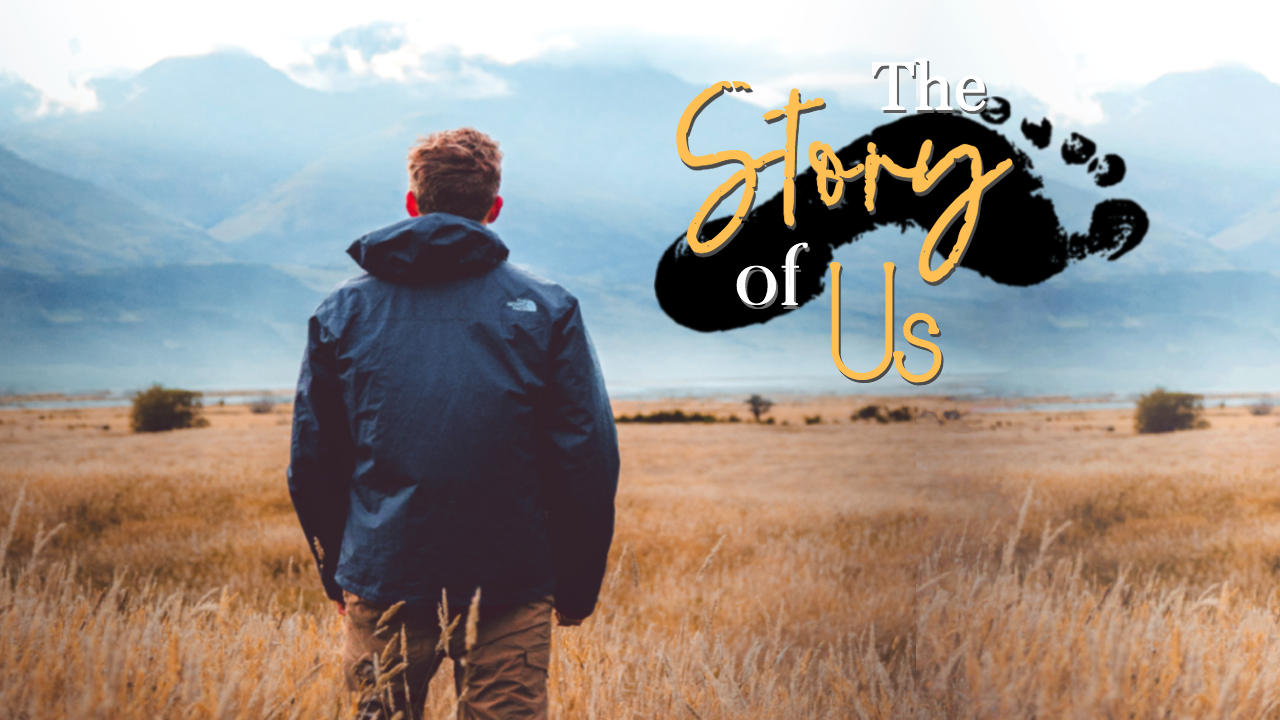
The story of us existed long before us. It may very well have begun even before BIG BANG. But let us not rewind to the beginning of time, and instead fast-forward 10 billion years to a newly-formed planet at the corner of the Universe. Our dear Earth was very different back then, with little to no oxygen and gasping levels of carbon dioxide and methane, with volcanoes going off continuously, sending streams of hot molten lava into the shallow seas and vast mineral-rich oceans.
In such a dismal setting, emerged LUCA, perhaps near a crack on the seafloor that spewed out hot magma. Our LAST UNIVERSAL COMMON ANCESTOR was a single-celled organism that did not require oxygen. It may have obtained its energy from the surrounding water by breaking down complex molecules into simple ones through chemical reactions.




So from Grandmother LUCA, all life forms as we understand, diversified and evolved without rush, taking a few billion years, navigating past complex Latin names, into multicellular organisms, into diverse groups and species, among which were the PRIMATES that emerged onto the scene shortly after the Dinosaurs went extinct.
The earliest primates were small, tree-dwelling social creatures with forward-facing eyes, long thumbs, and highly developed brains. They lived in tropical forests, munching on fruits, leaves, insects, and sometimes smaller animals.

Over time, these primates further diversified. Soon the ancestors of Lemurs and Tarsiers went their way, and so did the predecessors of Monkeys, leaving us in the family of the APES. However, as soon as the ancestors of Gibbons were gone, we began to call ourselves the GREAT APES.
Our greatness was because of our relatively larger bodies, supported by a broad, flat, “56-inch” rib cage and a short, wide p-Elvis. By then, we had lost our tails and, for the most part, were out of the trees, knuckle-walking but sometimes strolling around on our legs and using our hands to gather food and, in some cases, using tools—nothing fancy, perhaps a grass stalk to get termites out of mounds or small rocks to smash open snails. And, to do this, our long thumbs came in handy. We were enjoying longer lives, living up to fifty years or more. However, living longer did come with its downsides. The newborns now took a hell lot of time to grow up. So, unfortunately, we had to rely on an aunt or uncle for babysitting. Also, we had so much free time that we had to find ways to fill the long boring gaps. To solve these issues, we began to live in large families, deal with the stupid hierarchy of familial structures, and engage in sophisticated social behaviour such as keeping tabs on everyone, bitching about one another, and sometimes cooperating. We also had to learn to be manipulative and capable of deception. Even though we were not too fussy about what we ate, we still preferred fruit over anything else since it was easy on the stomach.
Over time, more of our cousins drifted away—the ancestors of Orangutans and Gorillas. Then, when we were almost ready, genetically say about 99%, we waved our Grandma Chimp goodbye. In the next few million years, we mastered walking on two legs and sharpened our brains even further. But although we could walk upright, we still enjoyed hanging about in the trees with friends.
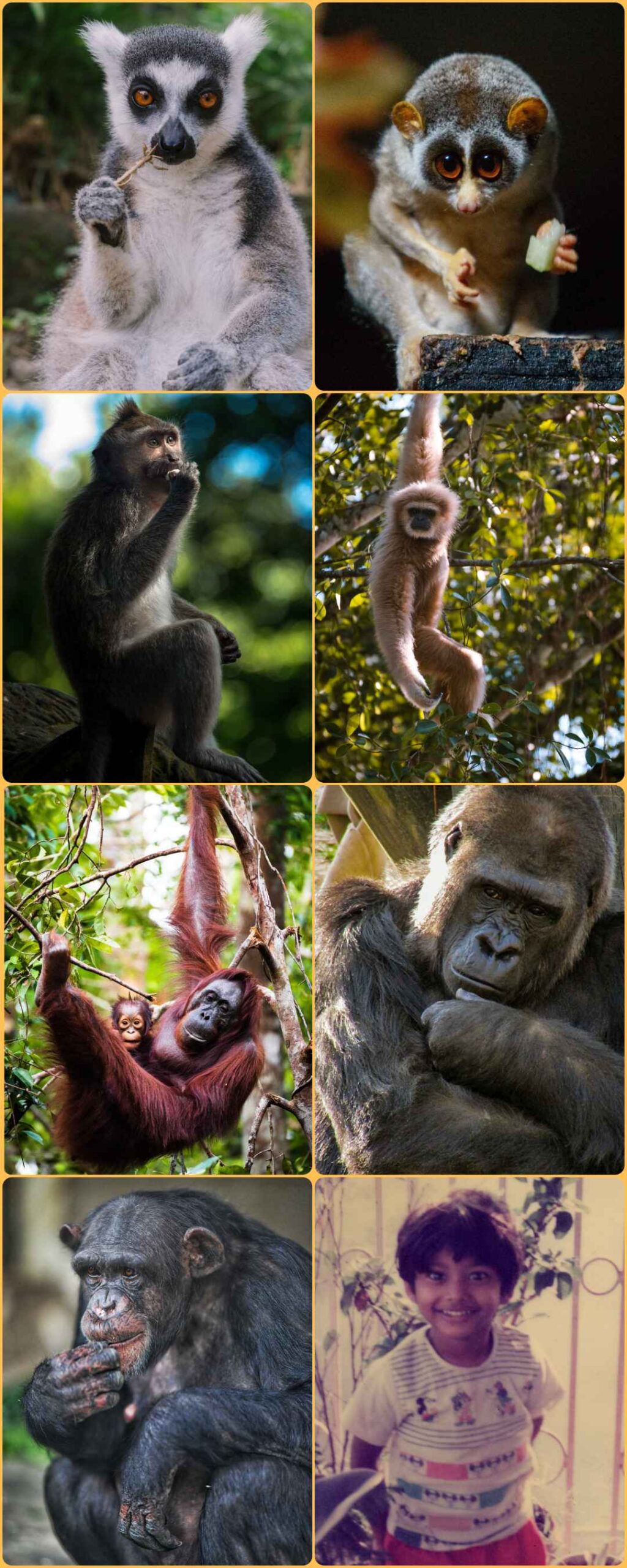
Realising that it was a sheer waste to hang out with these “not so bright” friends, we left. We had to learn to adapt since the times were changing. The climate had been changing all along. The forests were disappearing to make way for grasslands. We had, for this reason, learned how to walk. Now, we had to run. The availability of fruits and nuts was limited in the grasslands, but all kinds of animals were grazing about. We learned to get better at using a stone; breaking it into sharp flakes came in handy to tear the meat off carcasses left behind by the predators and to break open bones and suck on the marrow. It may have been during this time that we began to closely observe wildfires and learn to use them to our advantage. Soon we got pretty good at predicting these fires—escape in time and return to forage later. The roasted yams and animals were delicious. Not only were those easy to digest, but they saved us a lot of time we would have wasted chewing. We realised that we needed to master FIRE.
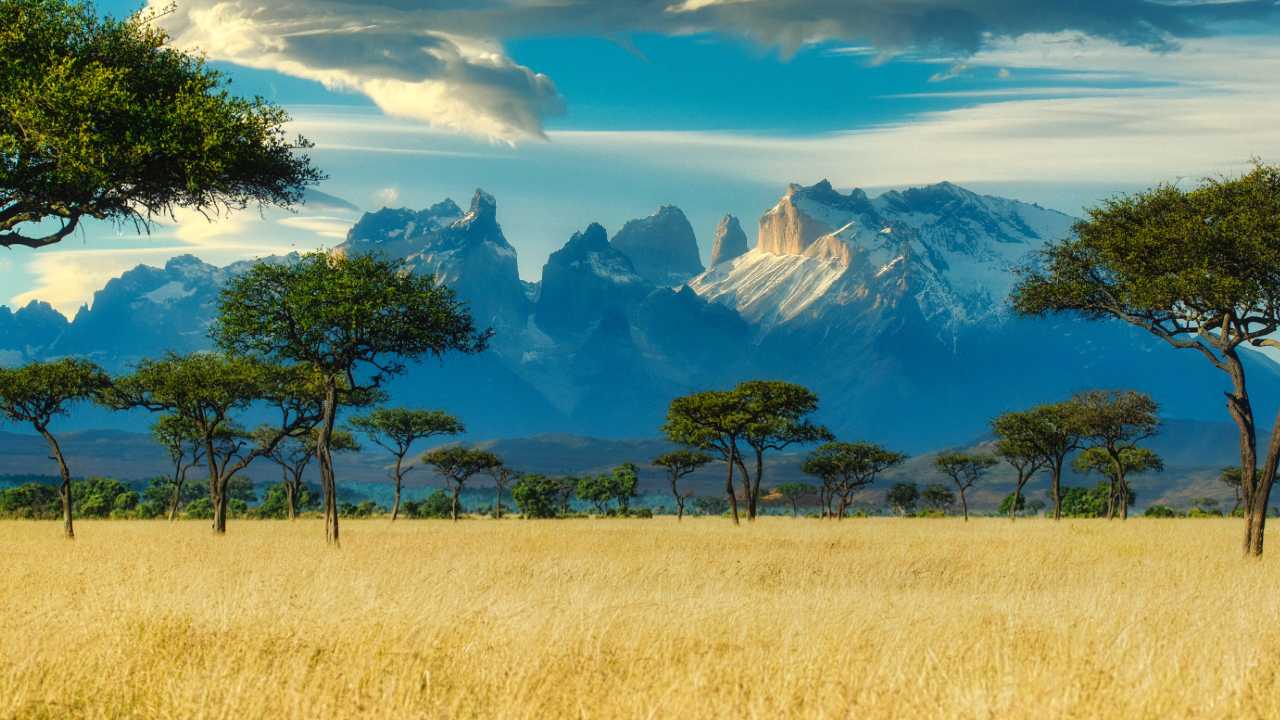
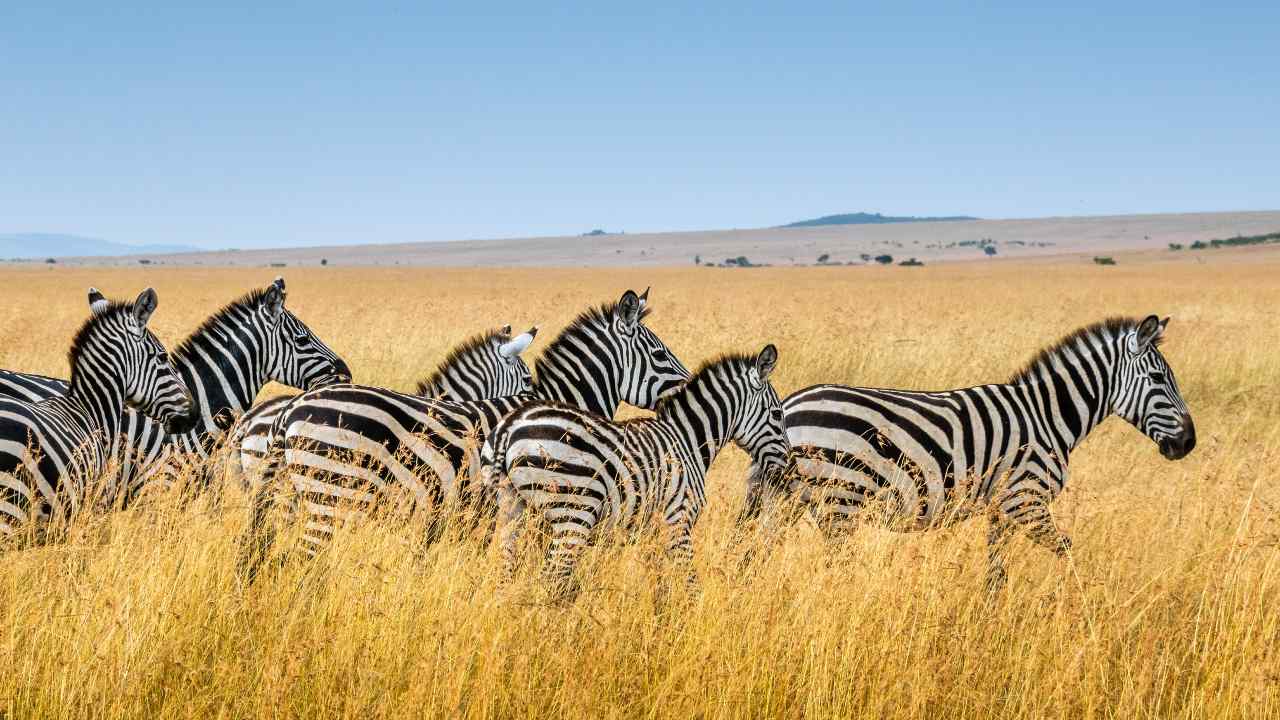

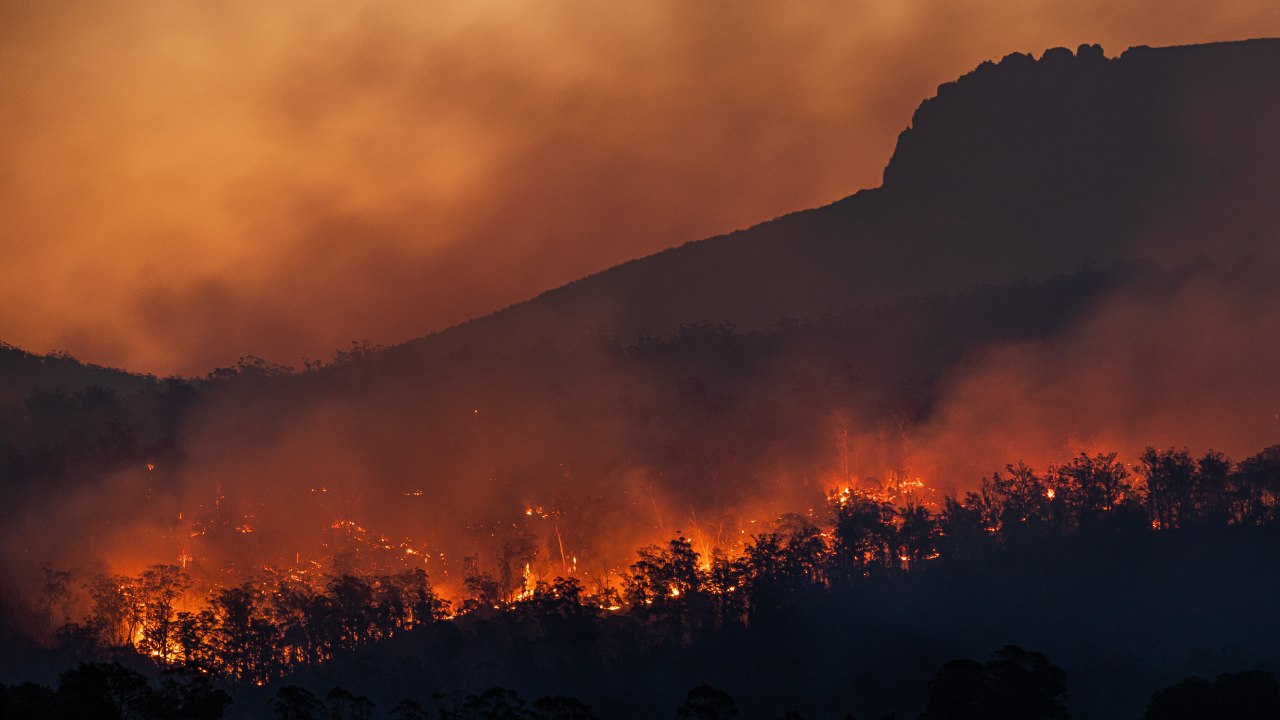
When we returned after a wildfire, we noted that many spots still smouldered, casting off embers into the sky. They could go on and on for weeks. Some genius amongst us must have discovered that fire consumed only twigs and leaves but left behind the stones and rocks, blackened and hardened. So, we learned to contain these spots by arranging stones in a circle and kept the fire going by tossing dried twigs. We could then sit around it. It kept us warm at night and also warded off those pesky predators. Some of us in the group were instructed to keep the fire on and roast food items in them, while others were ordered to go and fetch dried twigs and gather food. It was inconvenient to go into the forests, especially with the kids, so they had to stay behind. But who would take care of them? Anyways they were always clinging onto the ladies. So, the males went out to gather food, while the females stayed behind to care for the young, the old, and the sick.

However, we still had to learn how to start a fire since the rains always played spoilsport, extinguishing the fire we had kept going for so long. This was solved soon when some stupid kid almost burnt down his entire family by rubbing stones in his pastime. Then one day, while spying on the neighbouring family, one of us learned that we could make meat last longer by simply smoking them. We now had so much time on our hands, which we spent doing various things like fixing stones on top of sticks or moulding clay into bizarre shapes. So during the day, the men went out to hunt, and in the evening, we sat by the fireside, staring at the starry sky and gossiping, telling each other nonsense tales. Keeping the children entertained was demanding, and we had to make up new sounds and words out of thin air to describe things.
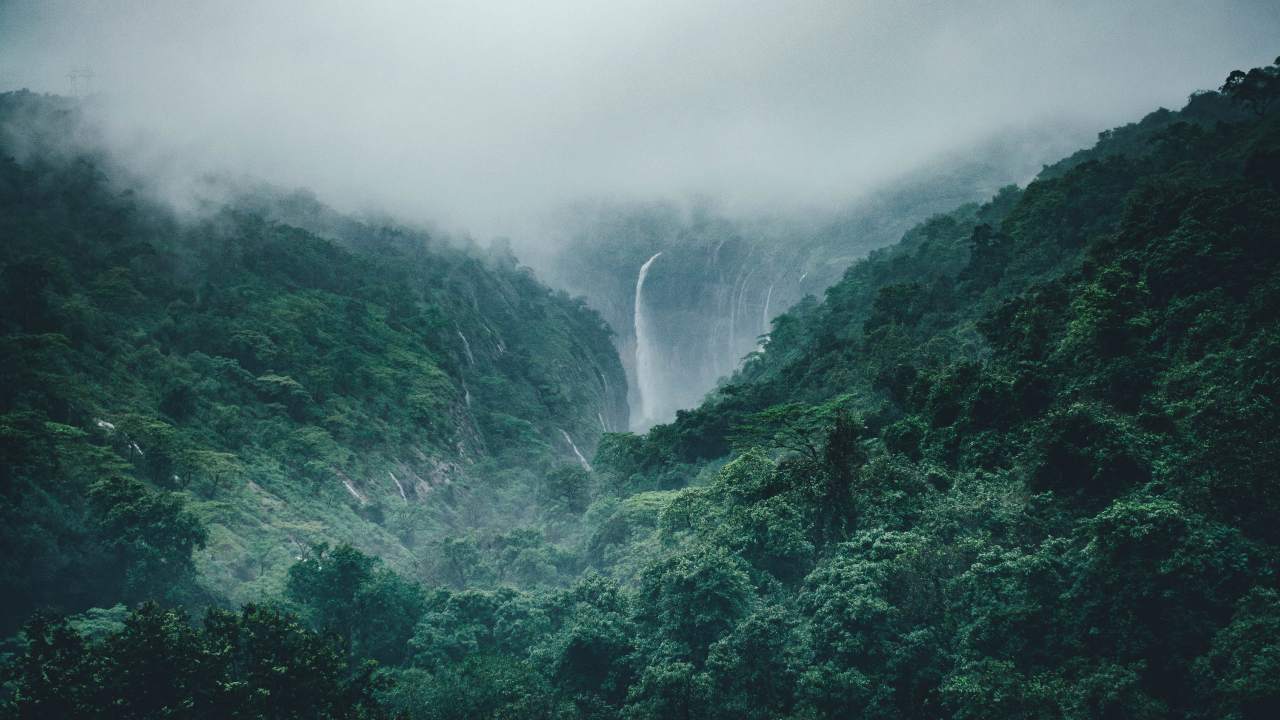
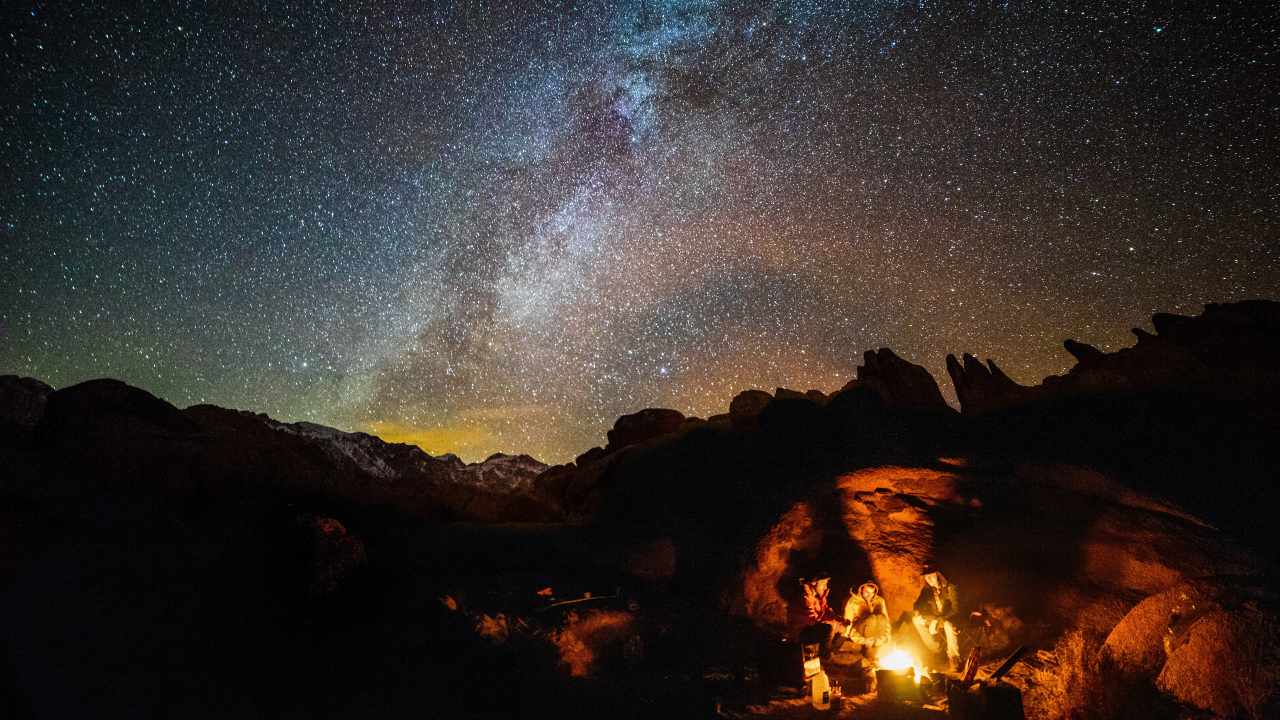
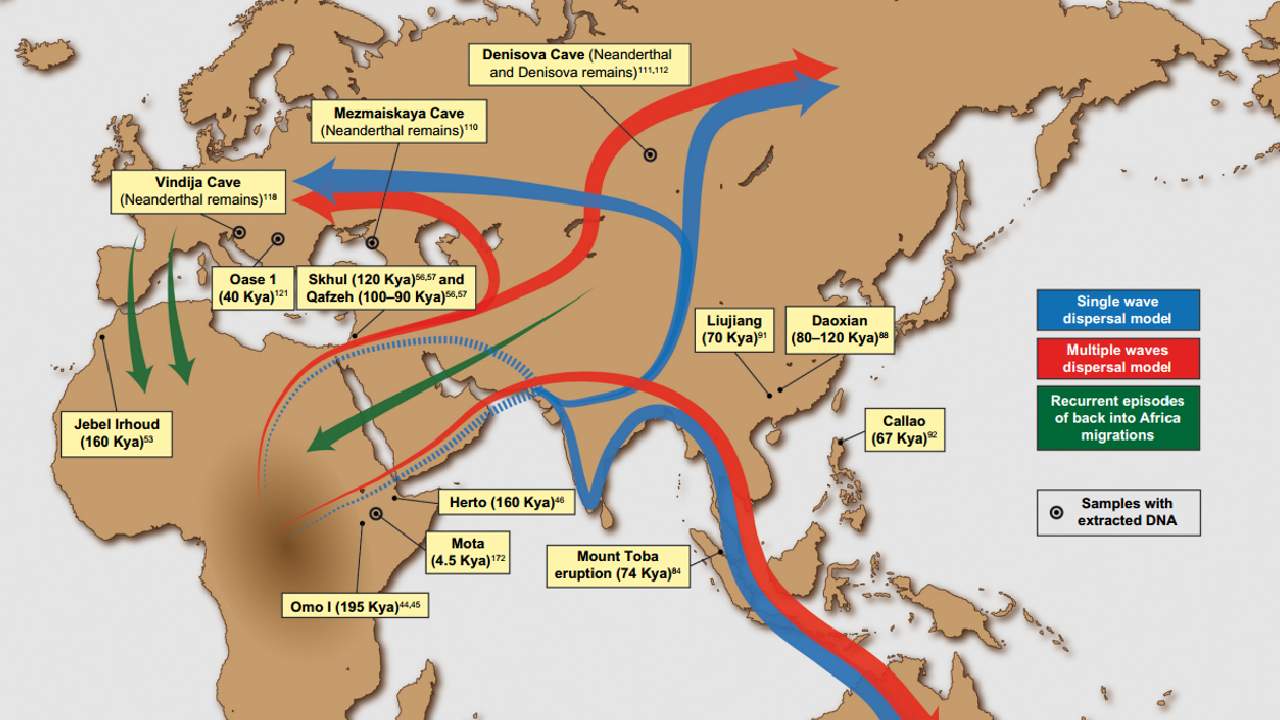
In the meantime, many of us wandered far and off, migrating to various places at multiple times, some to Europe and Asia, some Far East, some travelled north to live in the frigid cold of Siberia, or some even crossed the low seas and settled in what is now the island of Java. However, many of us did not leave. They stayed behind, rooted to their homeland in East Africa, where in the next couple of million years emerged a particular cousin of ours who called himself the “WISE MAN”.
While we could barely look eye to eye with our neighbours, these ‘Wise Men’ could get behind a leader with ease and keep their heads cool even when they gathered in the hundreds. They soon started to migrate out of Africa and spread. They came in waves, in large groups, sweeping into our lands.
Cooperation had made them invincible. They were superior in every way. They were better hunters with better tools and weapons. They were smooth with their words too, and could convey their ideas effortlessly. But more importantly, they could all get behind a good story. We stood no match, and they had no qualms in getting rid of us who did not join them. Over time, they took over. Some of us joined them, while others perished off the face of the earth. Now, just these “Wise Men” remained, and perhaps some other cousins, in some remote part of the world, somehow managing with a dwindling population….
If you have enjoyed reading the above post, please consider buying a copy of my book. KNOW MORE




